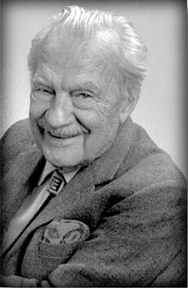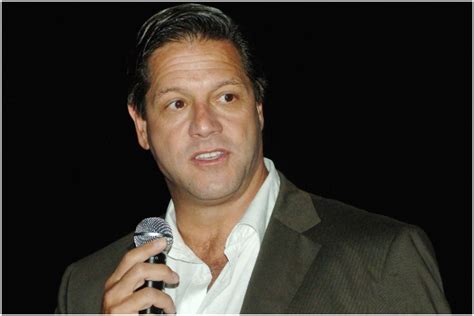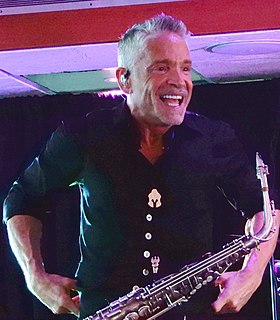A Quote by Carl Sagan
In a lot of scientists, the ratio of wonder to skepticism declines in time. That may be connected with the fact that in some fields-mathematics, physics, some others-the great discoveries are almost entirely made by youngsters.
Related Quotes
It seems that every practitioner of physics has had to wonder at some point why mathematics and physics have come to be so closely entwined. Opinions vary on the answer. ..Bertrand Russell acknowledged..'Physics is mathematical not because we know so much about the physical world, but because we know so little.' ..Mathematics may be indispensable to physics, but it obviously does not constitute physics.
But, contrary to the lady's prejudices about the engineering profession, the fact is that quite some time ago the tables were turned between theory and applications in the physical sciences. Since World War II the discoveries that have changed the world are not made so much in lofty halls of theoretical physics as in the less-noticed labs of engineering and experimental physics. The roles of pure and applied science have been reversed; they are no longer what they were in the golden age of physics, in the age of Einstein, Schrödinger, Fermi and Dirac.
The universe does not exist 'out there,' independent of us. We are inescapably involved in bringing about that which appears to be happening. We are not only observers. We are participators. In some strange sense, this is a participatory universe. Physics is no longer satisfied with insights only into particles, fields of force, into geometry, or even into time and space. Today we demand of physics some understanding of existence itself.
Nowadays, not to say that that doesn't happen, but music is made a lot almost in a laboratory where you get one guy working in one studio, they send the file to another guy in some other part of the world, they send it back and then they send it this way and that way. Musicianship is kind of - there's nothing wrong with that. In fact, some great music is made that way.
A work of art... is not a living thing... that walks or runs. But the making of a life. That which gives you a reaction. To some it is the wonder of man's fingers. To some it is the wonder of the mind. To some it is the wonder of technique. And to some it is how real it is. To some, how transcendent it is. Like the 5th Symphony, it presents itself with a feeling that you know it, if you have heard it once.




































